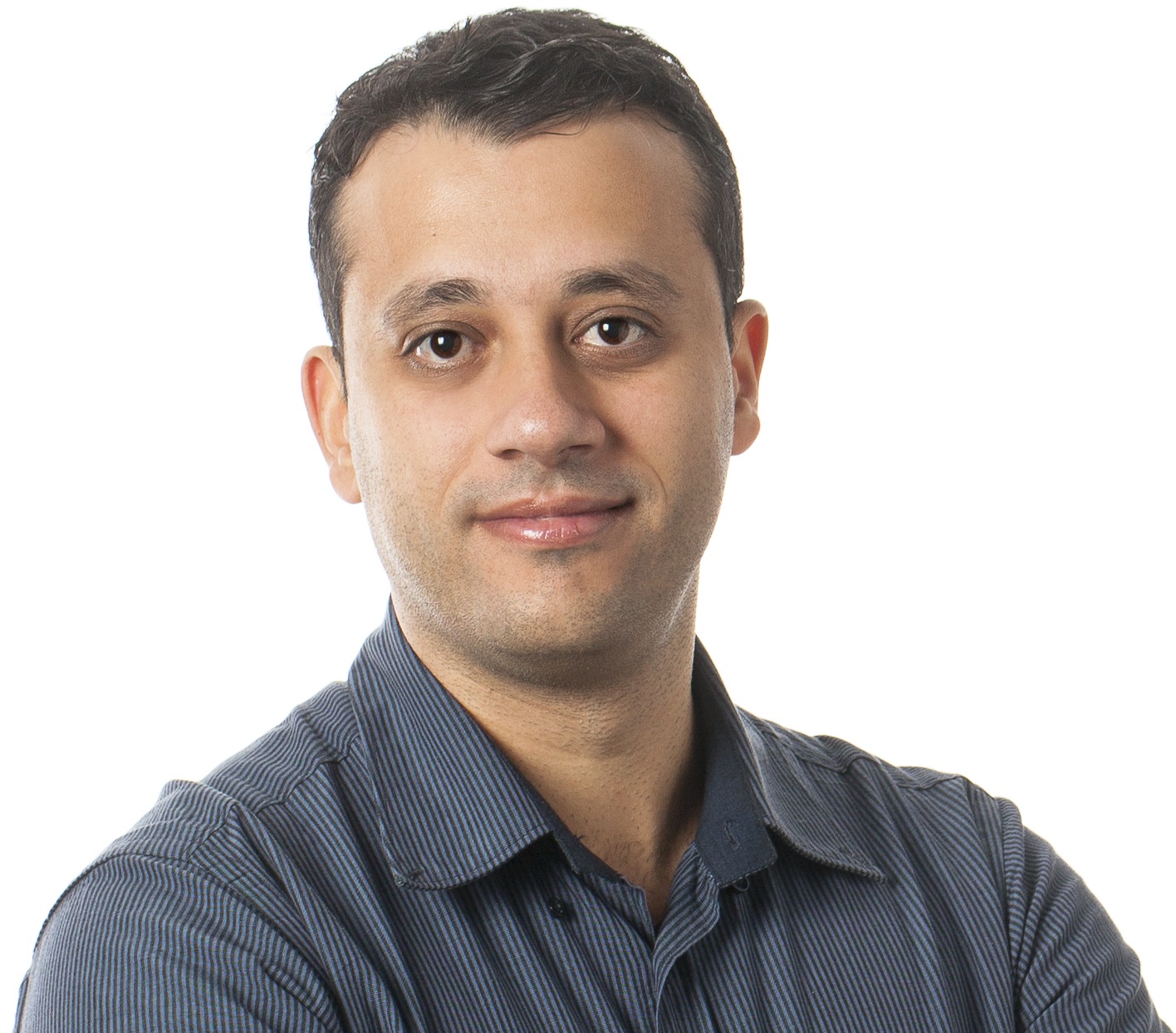
Bio: Dr. Giuseppe Franzè is a Full Professor at the DIMEG department of the University of Calabria (Italy). Dr. Franze’ received the Laurea degree in Computer Engineering in 1994 and the Ph.D. degree in Systems Engineering in 1999 from the University of Calabria, Italy. He authored or co-authored of more than 190 research papers in archival journals, book chapters and international conference proceedings. His current research interests include constrained predictive control, nonlinear systems, networked control systems, control under constraints and control reconfiguration for fault tolerant systems, resilient control for cyber-physical systems. In November-December 2019, he was a visiting professor at Concordia University (Canada) at the CIISE Department. Since 2019 he is Senior Member of IEEE. He is a co-recipient of the Best Paper Award at the IEEE-CoDIT 2019 Conference, Paris, France. He currently serves as a Associate Editor of the IEEE/CAA Journal of Automatica Sinica (JAS). He is the Guest Editor of the Special Issue Resilient Control in LargeScale Networked Cyber-Physical Systems IEEE/CAA Journal of Automatica Sinica (JAS), 2020. From January 2018 to March 2022, he was the Graduate Program Director of the Master Degree in Automation Engineering at the DIMES department, University of Calabria. Since September 2022, he is a member of the IFAC Technical committee TC 6.4. Fault Detection, Supervision & Safety of Techn. Processes-SAFEPROCESS. Moreover, he is a member of the working group “Safety and Security of Cyberphysical Systems” of the IFAC Technical committee TC 6.4.

Bio: Dr. Walter Lucia is an Associate Professor at the Concordia Institute for Information Systems Engineering (CIISE), Concordia University, Canada. He received the M.Sc. degree in automation engineering (2011) and the Ph.D. degree in Systems and Computer Engineering (2015) from the University of Calabria, Italy. In 2013, he was a visiting research scholar in the ECE Department at Northeastern University (USA), and in 2015, visiting postdoctoral researcher in the ECE Department at Carnegie Mellon University (USA). In 2016, Dr. Lucia joined Concordia University as a tenure-track Assistant Professor. In 2021, he has been promoted to the rank of Associate Professor with tenure. Dr. Lucia current research interests include control of unmanned vehicles, predictive control, fault-tolerant control, and secure and resilient control of cyber-physical systems. Dr. Lucia is currently an Associate Editor for the Control System Society - Conference Editorial Board, IEEE Systems Journal and Springer Journal of Control, Automation and Electrical Systems. Moreover, he is the Chair of the IEEE Montreal Chapters of Systems, Man and Cybernetics, and IEEE Control Systems.
